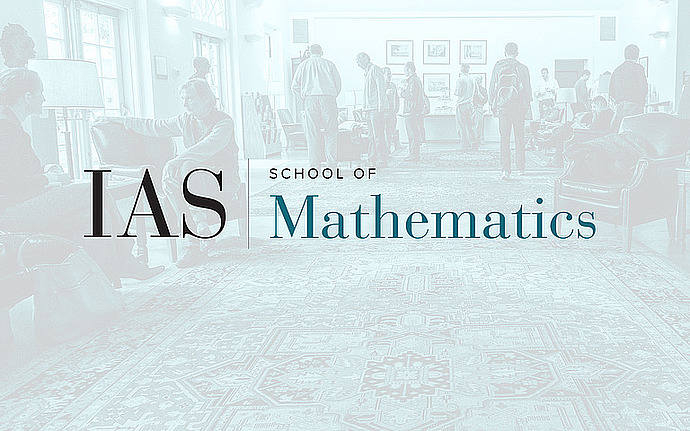
Computer Science/Discrete Mathematics Seminar I
Mutation as a computational event
The computational worldview is relevant to multiple fields of investigation beyond computer science, including evolutionary theory. Evolution is a creative process that generates organisms as well as behavioral programs, which can be thought of as highly sophisticated instances of natural machinery and algorithms. But how does evolution work? Is it an algorithm? For nearly a century it has been thought that evolution is a simple process---that genetic change occurs by accident as a disruption to the genome, and that natural selection may favor beneficial accidental changes and cause them to accumulate. However, thanks to the molecular biology and genomic revolutions, we now know that mutation is a complex event brought about by biological machinery, and that the probability of occurrence of a mutation and the nature of it are dependent on DNA sequence and structure. What does this new knowledge mean for our understanding of evolution? In this high-level talk, I will argue that mutation is a part of the biological world, and that like any other trait, it is affected by genetic interactions. It follows that mutation is a process that combines information from multiple loci in the genome and writes the result of this combination of information into one locus---the locus undergoing genetic change. Furthermore, the output of a mutational event in one generation can serve as an input into mutational events at other generations. Thus, mutation can be viewed as a computational event. Implications for our understanding of evolution will be discussed. This work exemplifies the relevance of the computational lens to basic problems in science and points at new opportunities for mathematicians to contribute to our understanding of nature.